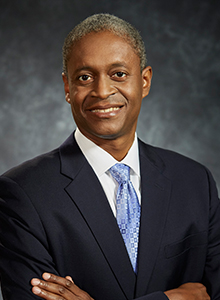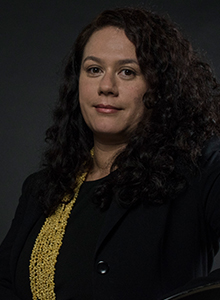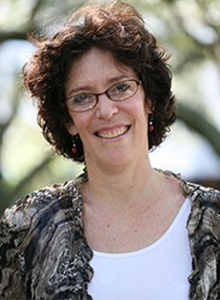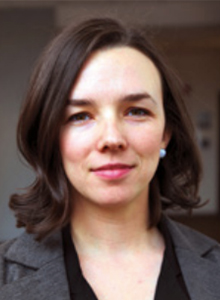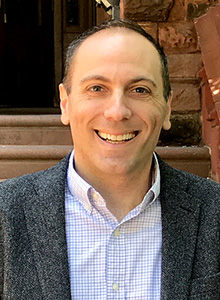Toward an Inclusive Recovery
Increasing the Housing Security of Vulnerable Renters Through Rental Assistance
A Federal Reserve Community Development Research Seminar
presented by the Federal Reserve Banks of Atlanta and Philadelphia
The United States has always had vulnerabilities in the rental housing market that the COVID-19 pandemic exacerbated and revealed. This research seminar on November 17, 2021 examined what we’ve learned from the administration of emergency rental relief and evaluate universal vouchers as a long-term solution for increasing housing security among renters.
WATCH ON DEMAND
Millions of renters accrued billions of dollars in rental debt as a result of the COVID-19 pandemic. To respond to this growing crisis, the federal government provided substantial funding for rental assistance, which states and localities administered. As we recover from the pandemic, it is essential to evaluate the effectiveness of these emergency relief programs and understand the impact they had on keeping renters housed. The lessons learned from the design and implementation of these policies and programs will be crucial for helping renters navigate future economic shocks. However, to support an inclusive and equitable recovery, it is important to consider how universal rental assistance could address the rental affordability crisis that has existed long before the pandemic.
This seminar, presented by the Federal Reserve Banks of Atlanta and Philadelphia, is part of a Federal Reserve Community Development Research Seminar Series focused on supporting an inclusive recovery.
Agenda
2:00-2:10 pm ET
Opening remarks
Matuschka Lindo Briggs, Director of Special Projects and Strategic Support, Federal Reserve Bank of St. Louis
Peggy Bailey, Senior Advisor on Rental Assistance, U.S. Department of Housing and Urban Development
2:10-3:05 pm ET
Panel 1: Emergency rental assistance programs
Elora Raymond, Assistant Professor of City and Regional Planning, Georgia Institute of Technology
Elizabeth Strom, Associate Professor, University of South Florida
Rebecca Yae, Senior Research Analyst, National Low Income Housing Coalition
Giselle Routhier, Postdoctoral Fellow at Health x Housing Lab, NYU Langone Health
Moderator: Matuschka Lindo Briggs, Director of Special Projects and Strategic Support, Federal Reserve Bank of St. Louis
3:05 pm-3:15 pm ET
Break
3:15-4:10 pm ET
Panel 2: Universal rental housing vouchers
Prentiss Dantzler, Assistant Professor of Sociology, University of Toronto
Vincent Reina, Associate Professor, University of Pennsylvania
Eva Rosen, Assistant Professor, Georgetown McCourt School of Public Policy
Gregg Colburn, Assistant Professor of Real Estate, University of Washington
4:10-4:20 pm ET
Closing remarks
Raphael Bostic, President and CEO, Federal Reserve Bank of Atlanta
Moderator: Matuschka Lindo Briggs, Director of Special Projects and Strategic Support, Federal Reserve Bank of St. Louis

About the seminar series
This seminar is part of the Federal Reserve Community Development Research Seminar Series, a forum for exploring the intersection of research, policy, and practice in the community development field. The Series expands access to high-quality research that informs stakeholders who are working to support low- and moderate-income communities and communities of color.

